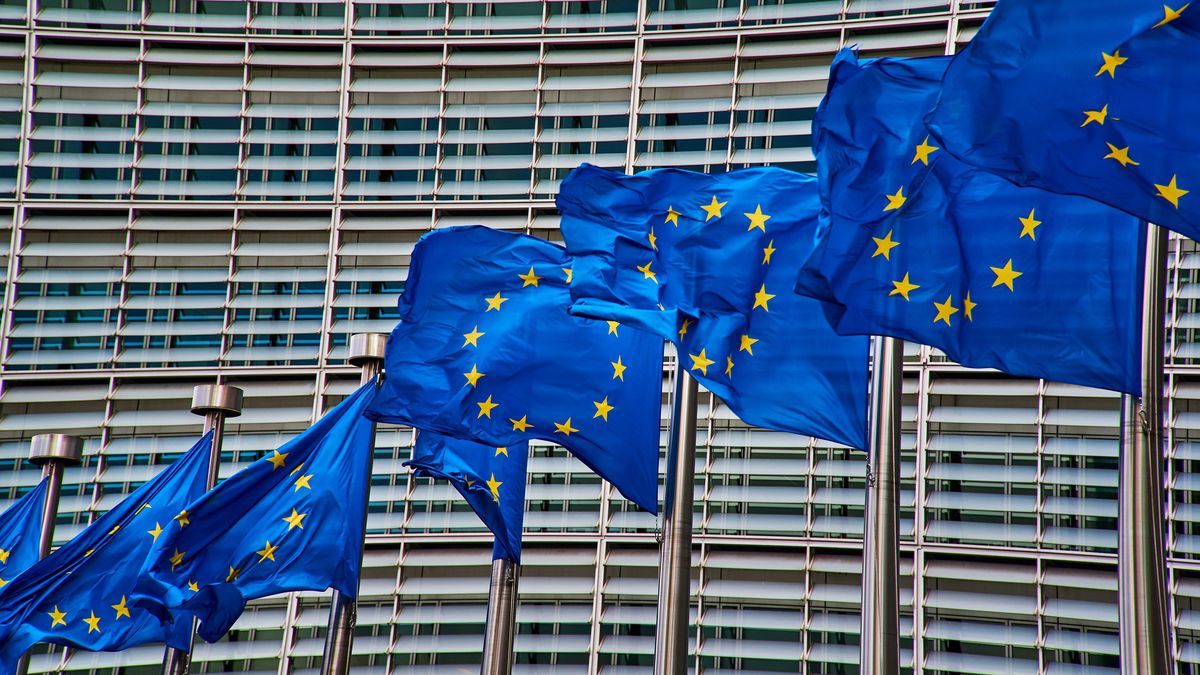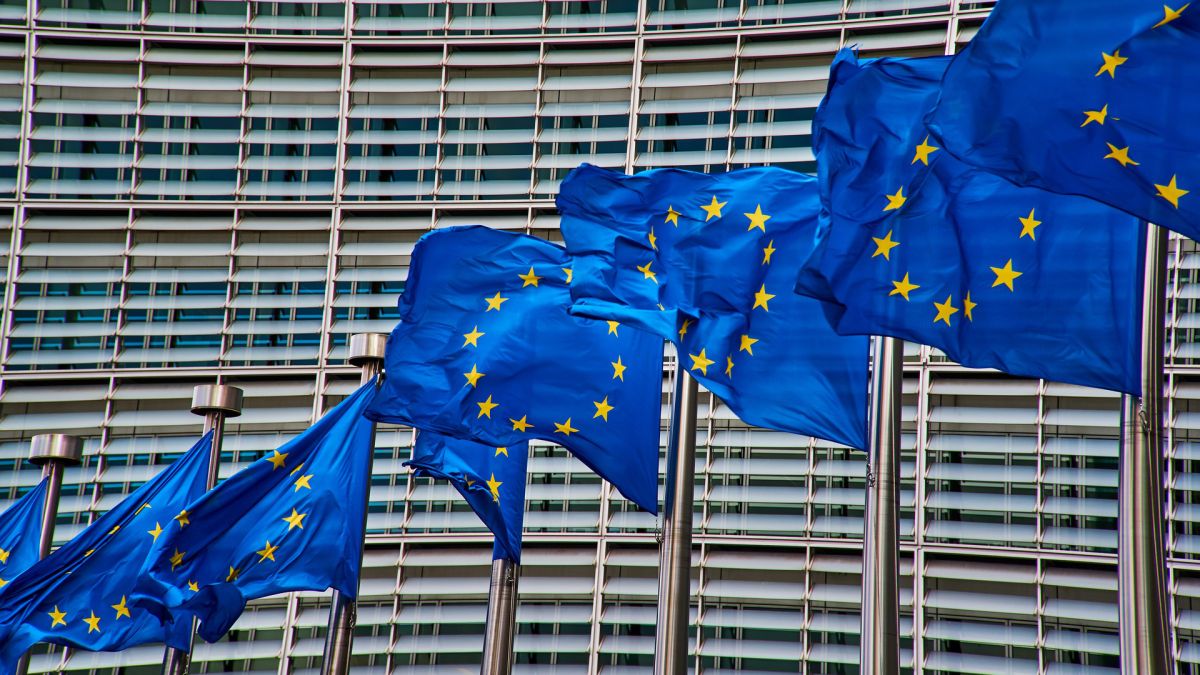
European lawmakers have agreed to extend and strengthen existing rules that allow EU residents to use their phones without additional charges in any other member state.
Members of the Industry, Research and Energy Committee have voted to extend the current “roam like home” legislation for another ten years, with additional provisions that guarantee consumers the same quality and speed of mobile connection as they would normally have at home.
In effect, this would prevent a host network from forcing a 5G user onto a 4G or 3G network when roaming.
EU roaming
The committee also wants to lower wholesale caps for calls, texts, and data even further. These caps limit how much one operator can charge another for a customer using a foreign network, and are often the source of disagreements between carriers in different parts of the continent.
For example, operators in southern Europe that typically host more tourists want higher caps to support the cost of additional capacity, while those in the north want lower ceilings to minimise their costs and drive usage among customers.
The committee has put forward wholesale limits of €0.015 per minute from 2022, falling to €0.01 in 2025, €0.003 per text, and €1 per GB of data. They said the proposals reflected the commercial realities of the roaming market and would ensure smaller operators not part of a major continental telco group would be able to offer ‘roam like home’ on a more sustainable basis.
“Roam-like-at-home is an unprecedented European success story. It shows how we all directly benefit from the EU Single Market”, said Angelika Winzig MEP, the European Parliament’s negotiator for the new roaming rules for mobile networks.
“We want to cut costs further and improve the quality of service for all European citizens. This is an opportunity for us to add some notable improvements which will benefit European citizens and businesses without having disruptive effects for mobile network operators.
“This is why significantly reducing wholesale caps is beneficial to the market and consumers alike. It would enable more competition, which would increase the possibilities for better prices for consumers and enterprises.”
The legislation will now be sent to the European Parliament for consent and must then be given a final approval by member states.
